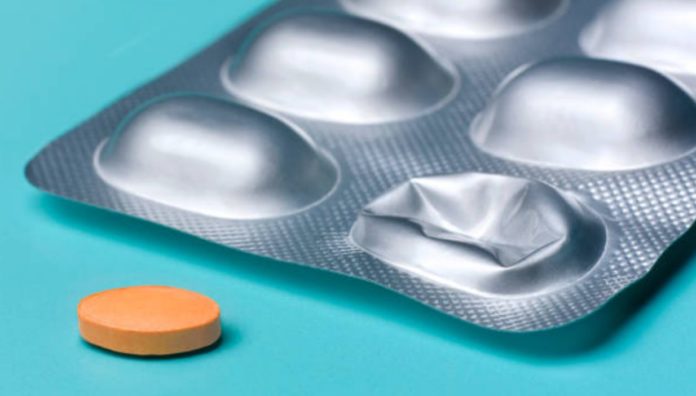There’s no doubt that statins can keep heart problems away from people who are already suffering from heart disease, by reducing the risk of stroke and heart attack – up to 40%.
And heart experts routinely recommend the drugs to anyone, suffered a heart attack, angina, or bypass surgery.
But as it happens with all medicines, statins also have side effects. And more doctors are voicing over concern from muscle weakness to possible memory issues and even an increased risk of diabetes.
- Brief Anger Hampers Blood Vessel Function Leading to Increased Risk of Heart Disease and Stroke – New Study
- New Blood Test Pinpoints Future Stroke Risk – Study Identifies Inflammatory Molecules as Key Biomarker
- Enceladus: A Potential Haven for Extraterrestrial Life in its Hidden Ocean Depths
- New Experiment: Dark Matter Is Not As ‘DARK’ As All We Think
- Scientists in Fear of This New Predator From Red Sea Eating Native Species in Mediterranean
The cholesterol-lowering drugs like statins are an essential part of the heart’s armoury for many people but they can produce adverse effects, some of which can be dengerous.
A study published in the British Medical Journal (BMJ) seeks to quantify the unintended effects of statins according to type, dose, and duration of use.
To gather their findings, data on 2,004,692 patients aged 30-84 years were analysed.
The patients were sorted into categories based on the type of statin they were taking: simvastatin, atorvastatin, pravastatin, rosuvastatin, and fluvastatin.
The data was compared with incidences of cardiovascular disease, moderate or serious myopathic events (disease of the muscles); moderate or serious liver dysfunction; acute renal (kidney) failure; venous thromboembolism (blood clots in the veins); Parkinson’s disease; dementia; rheumatoid arthritis; cataract (clouding of the normally clear lens of your eye); osteoporotic fracture (weakening of the bones); gastric cancer; oesophageal cancer; colon cancer; lung cancer; melanoma; renal cancer; breast cancer or prostate cancer.
What did the researchers find out? Individual statins were not significantly associated with risk of Parkinson’s disease; rheumatoid arthritis; venous thromboembolism; dementia; osteoporotic fracture; gastric cancer; colon cancer; lung cancer; melanoma; renal cancer; breast cancer, or prostate cancer.
However, statin use was associated with an increased risk of the following health conditions:
- Moderate or serious liver dysfunction
- Acute renal (kidney) failure
- Moderate or serious myopathy (disease of the muscles)
- Cataract (clouding of the normally clear lens of your eye).
“Adverse effects were similar across statin types for each outcome except liver dysfunction where risks were highest for fluvastatin,” the researchers wrote.
The dosage seemed to influence the risk of acute renal (kidney) failure and liver dysfunction, they found.
“All increased risks persisted during treatment and were highest in the first year,” reported the researchers.
In light of the findings, “further studies are needed to develop utilities to individualise the risks so that patients at highest risk of adverse events can be monitored closely,” the researchers concluded.
Statins use is not only the option for lowering Choldesterol
It is worth nothing that you can reduce high cholesterol levels naturally too.
“Eating a healthy diet and doing regular exercise can help lower the level of cholesterol in your blood,” says the NHS.
- Brief Anger Hampers Blood Vessel Function Leading to Increased Risk of Heart Disease and Stroke – New Study
- New Blood Test Pinpoints Future Stroke Risk – Study Identifies Inflammatory Molecules as Key Biomarker
- Enceladus: A Potential Haven for Extraterrestrial Life in its Hidden Ocean Depths
- New Experiment: Dark Matter Is Not As ‘DARK’ As All We Think
- Scientists in Fear of This New Predator From Red Sea Eating Native Species in Mediterranean
What’s more, adopting healthy habits, such as eating a healthy, balanced diet and keeping active, can also help prevent your cholesterol levels becoming high in the first place, the health body notes.
